Composting
Turn Your Waste into Garden Gold with Composting
Welcome to our Composting category, where we provide everything you need to transform your kitchen scraps and yard waste into nutrient-rich compost. This age-old technique not only enriches your soil but also plays a part in reducing landfill waste.
Showing 1–30 of 39 results
Pestrol Large Outdoor Compost Bin 470L
Original price was: $149.00.$139.90Current price is: $139.90.Pestrol Outdoor Compost Bin 300L
Original price was: $99.90.$83.97Current price is: $83.97.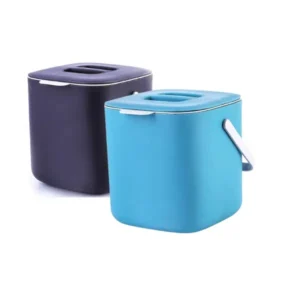
Select options
This product has multiple variants. The options may be chosen on the product page
Bokashi One Bench Bin
5 reviews $19.90Why Choose Composting?
- Sustainable Soil Enrichment: Composting is the ultimate recycling project. Convert your organic waste into a valuable soil additive that enhances texture, drainage, and nutrient content.
- Eco-Friendly Waste Management: Divert kitchen scraps and yard waste from landfills, reducing your ecological footprint.
- Improved Plant Health: Compost contains beneficial microbes that improve soil structure and promote healthy root development in plants.
- Easy and Affordable: Starting a compost pile requires minimal investment, and we offer a range of compost bins and accessories to suit all needs and budgets.
How Can You Start Composting?
Starting composting is a fairly simple process. Here are the basic steps:- Select a Location: Choose a spot in your yard that is well-drained and easily accessible.
- Get a Compost Bin: You can either buy a compost bin or create one using recycled materials like wooden pallets.
- Start Layering: Begin by placing a layer of coarse material like straw at the bottom for good aeration. Then alternate layers of green and brown materials.
- Monitor: Keep the compost moist but not wet, and turn the pile every week to aerate it.
- Harvest Compost: Once the compost has turned dark and has a earthy smell, it is ready to use.
What 5 Ingredients Do You Need for a Compost Bin?
- Green Materials: Kitchen waste like vegetable scraps, coffee grounds, and eggshells.
- Brown Materials: Dry leaves, shredded newspaper, cardboard, and small twigs.
- Water: To maintain moisture in the compost pile.
- Air: Good aeration is crucial for effective composting. A perforated compost bin can help.
- Soil or Finished Compost: A layer of soil or existing compost can speed up the composting process by introducing beneficial microbes.
What Should You Not Put in a Compost Bin?
Avoid adding the following items to your compost bin:- Meat or fish scraps
- Dairy products
- Diseased plants
- Oily or greasy food
- Chemically treated wood
- Non-biodegradable materials like plastic or metal
How Do You Compost at Home in Australia?
- Choose the Right Bin: In warmer climates, a compost bin with a lid can help prevent excessive moisture loss.
- Use Local Materials: Utilize local organic waste like eucalyptus leaves.
- Pay Attention to Wildlife: Use a compost bin with a secure lid to discourage pests.
- Mind the Moisture: Due to the dry conditions, you might need to water your compost pile more frequently.
- Check Local Guidelines: Some Australian local councils offer composting workshops and discounted compost bins, so it's worth checking what's available in your area.
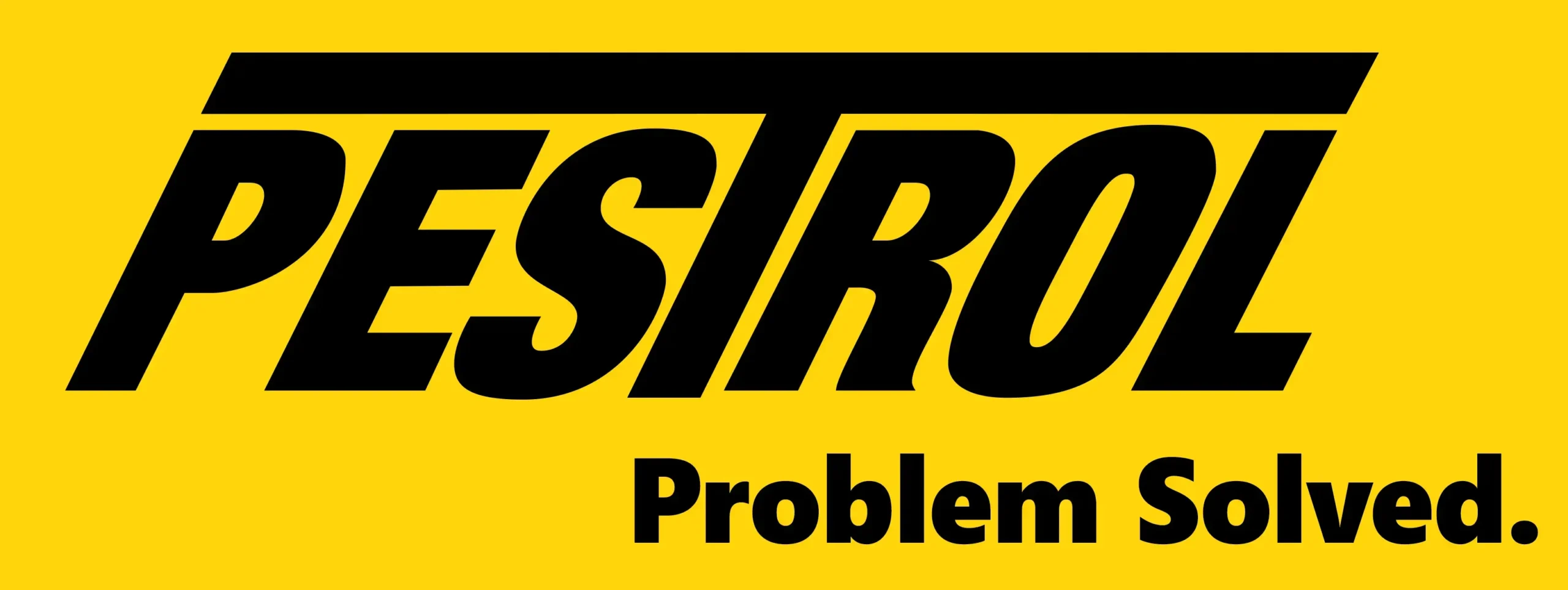
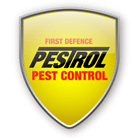

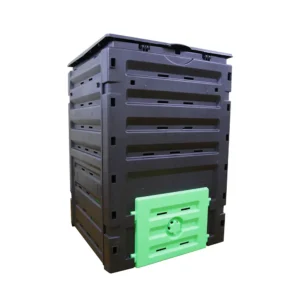
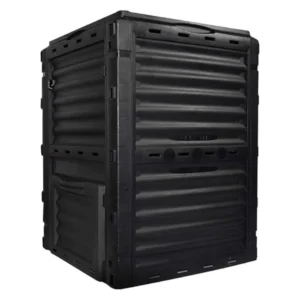
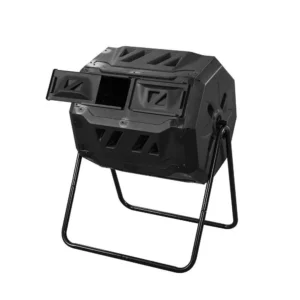
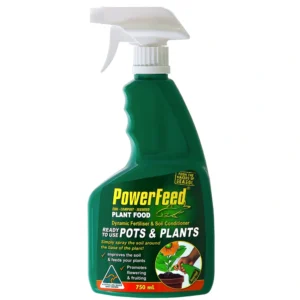
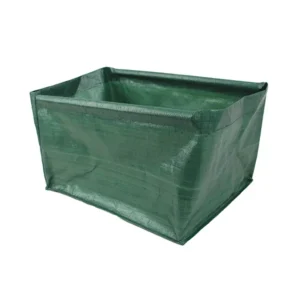
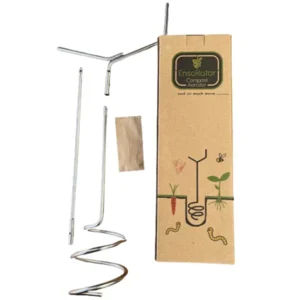
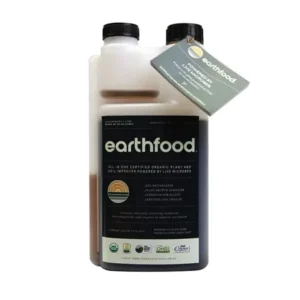
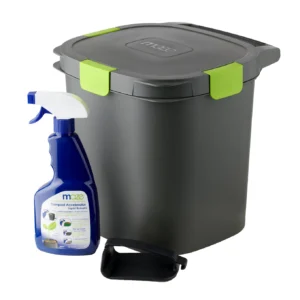
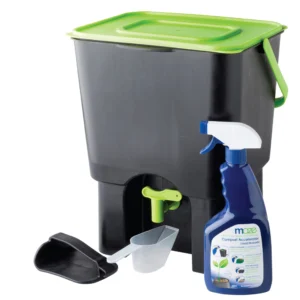
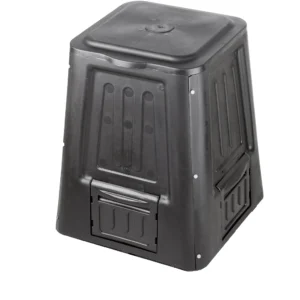
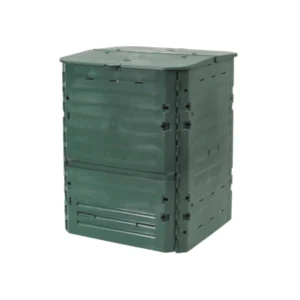
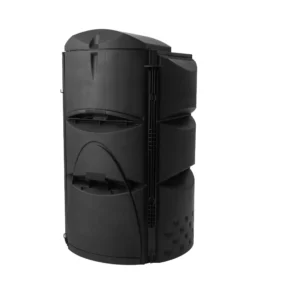
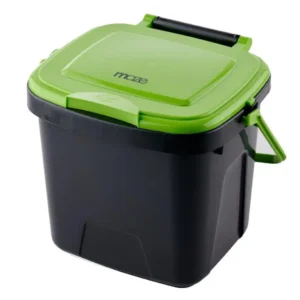
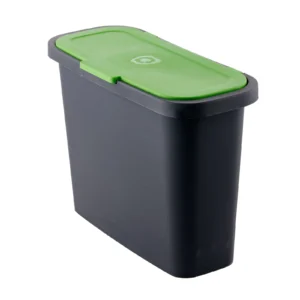
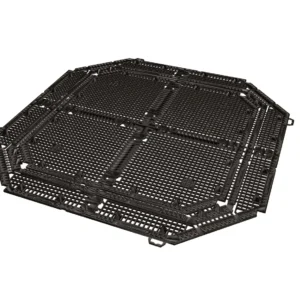
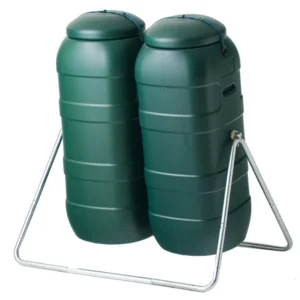
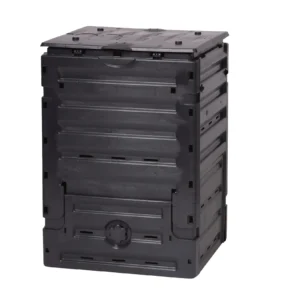
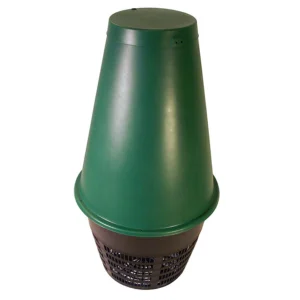
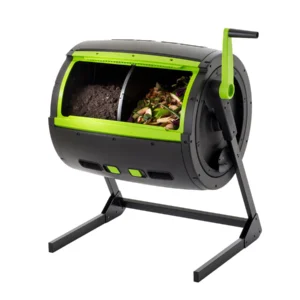
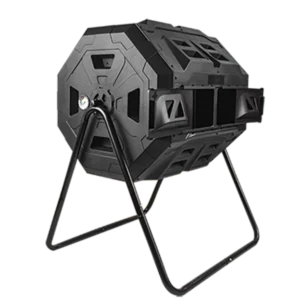
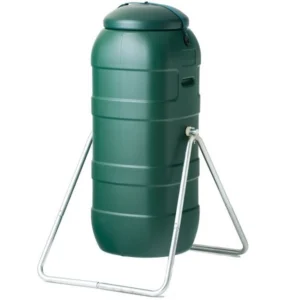
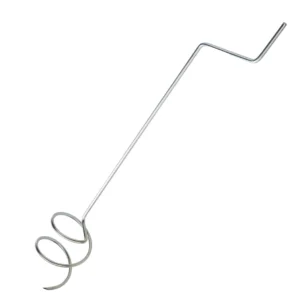
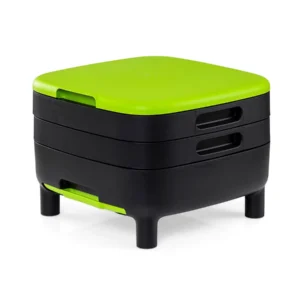
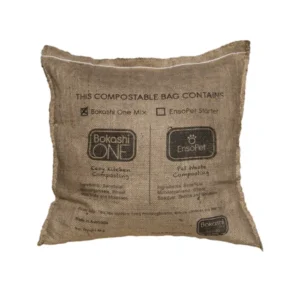
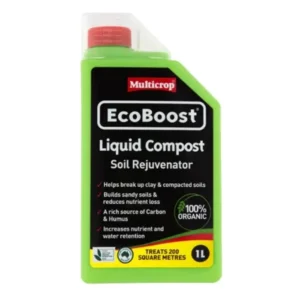
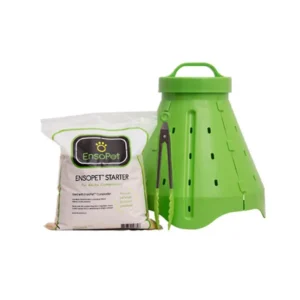
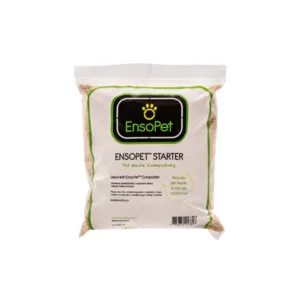
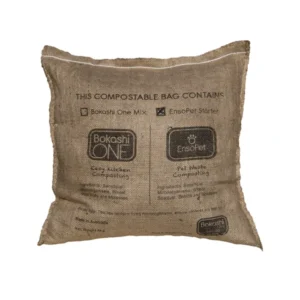
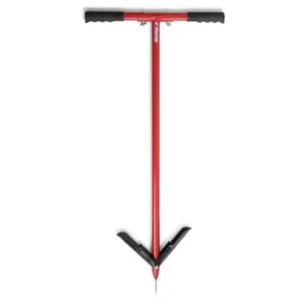
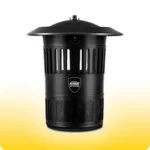 Mosquito Traps
Mosquito Traps